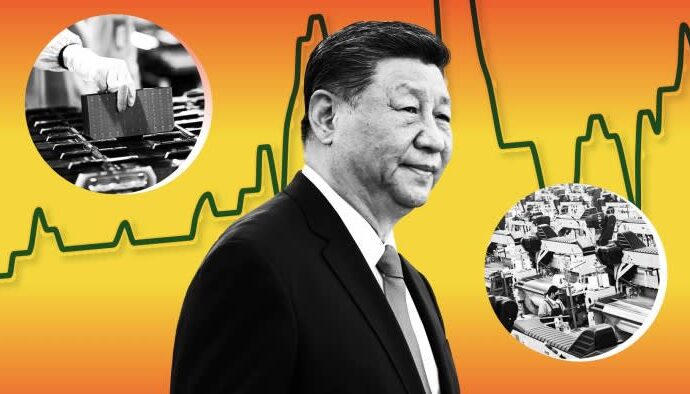Unlock the Editor’s Digest for free
Roula Khalaf, Editor of the FT, selects her favourite stories in this weekly newsletter.
Bank of Japan governor Kazuo Ueda has said the US-Japan tariff deal was a “big step forward”, as the central bank raised its inflation forecasts, prompting speculation that it will resume its monetary tightening cycle this year.
The BoJ said on Thursday that it had unanimously decided to hold short-term interest rates at 0.5 per cent following its two-day meeting, a move widely expected by analysts.
The US and Japan last week announced a trade deal imposing 15 per cent tariffs on Japanese exports, including cars, though there is still uncertainty about how the agreement will operate.
Speaking at a press conference on Thursday, Ueda said the agreement “contributes to a reduction in the uncertainty surrounding our economy” but added that the economic impact of the levies and future direction of trade policies remained unclear.
“It is not as if the fog will all clear at once,” he said.
In a quarterly outlook report, the BoJ also revised its median forecast for core consumer inflation for its latest fiscal year, which runs to March 31 2026, from 2.2 per cent to 2.7 per cent, taking account of rising food prices.
The central bank slightly increased its expectations for core inflation in the following two fiscal years.
“People had expected the BoJ to nudge up fiscal 2025 due to the data we’ve seen so far, but they thought they would leave fiscal 2026 and 2027 unchanged,” said Stefan Angrick, Japan economist at Moody’s Analytics.
“They had brought those numbers down as tariff fears started to bite earlier in the year and now they are going up again. That all suggests that rate hikes are not just back on the agenda but could even happen this year,” he added.
Nomura strategists said that the BoJ’s economic outlook meant that the possibility of an October rate rise was “now more live”, although its base case remained a single increase next year.
The BoJ last raised rates, to 0.5 per cent, in January, after beginning its process of unwinding decades of ultra-loose monetary policy last year. But it has resisted doing so again as uncertainty around the country’s growth prospects and the impact of tariffs on global trade have weighed on its outlook.
Ueda avoided any concrete indication on the timing of any future rate rise, stressing the need to respond to economic data. Signalling caution, he said the likelihood of the BoJ of reaching its economic targets had “risen slightly”.
Takeshi Niinami, head of the Japan Association of Corporate Executives, one of the nation’s biggest business lobby groups, criticised the central bank’s reticence to raise rates this week.
Ueda pushed back against the idea that the BoJ was falling behind the curve on rate rises, however. “At this point, we view that risk as not being particularly high,” he said.
The yen strengthened against the dollar after the BoJ’s announcement but subsequently erased gains.
The Japanese central bank’s decision on Thursday followed on the heels of the US Federal Reserve signalling that it could hold interest rates steady at least in September, as it defies President Donald Trump’s repeated calls for lower borrowing costs.

